Polo is an ancient sport with origins dating back to the 6th century BC. It was played in various forms in different regions, including Persia, China, and India. In Persia, it became a popular pastime of nobility and warriors, serving as a cavalry training exercise. Polo spread to the Western world during the colonial era when British tea planters and army officers witnessed the sport in India and introduced it to England. The modernization of polo led to the establishment of rules and the formation of polo associations. It was included in the Olympic Games from 1900 to 1936 but was later removed. Today, polo is played globally as both a professional sport and a leisure activity, known for its athleticism, horsemanship, and strategic gameplay.
Today, polo continues to be played globally, with Argentina, the United States, and the United Kingdom being major centres of the sport. It combines athleticism, horsemanship, and strategy, captivating players and spectators alike with its fast-paced action and rich history.
Polo evolved into a professional sport in the 20th century. High-profile tournaments, such as the U.S. Open Polo Championship and the Argentine Open, became prestigious events attracting top players and teams from around the world. Polo also gained popularity as a leisure activity and a spectator sport.
The Cartier Queen’s Cup is a renowned polo tournament that attracts top players and their impressive horses. It is sponsored by Cartier, a luxury brand known for its elegance and style, and has been a sponsor for over a decade. Spectators, whether members or non-members, have the opportunity to purchase grandstand seats or enjoy Clubhouse hospitality during the thrilling semi-finals on Wednesday, June 14, and the lavish finals day on Sunday, June 18.
In a highly anticipated match at Noel Farm, the undefeated King Power faced off against Scone Polo. King Power took an early lead with consecutive goals from Jeronimo del Carril and Nico Pieres. However, before the end of the first chukka, Poroto Cambiaso equalized for Scone Polo with a Penalty 2 conversion and a field goal. Scone Polo then took the lead with Cambiaso’s third goal, but King Power responded swiftly. With three goals from del Carril, King Power held a narrow 6-5 lead at halftime.
Scone Polo quickly levelled the score, but del Carril continued to shine for King Power. He scored two more field goals, bringing his total to six, giving King Power a two-goal advantage. However, the match was far from decided. Poroto Cambiaso, who scored all but two of Scone Polo’s goals, led their comeback, and the score was tied at 9-9 going into the sixth chukka. The teams remained evenly matched, and Scone Polo faced their second sudden death scenario after a previous victory against La Magdeleine.
After intense extra time, Pieres received a pass from del Carril and scored the decisive golden goal, securing a thrilling 12-11 victory for King Power.

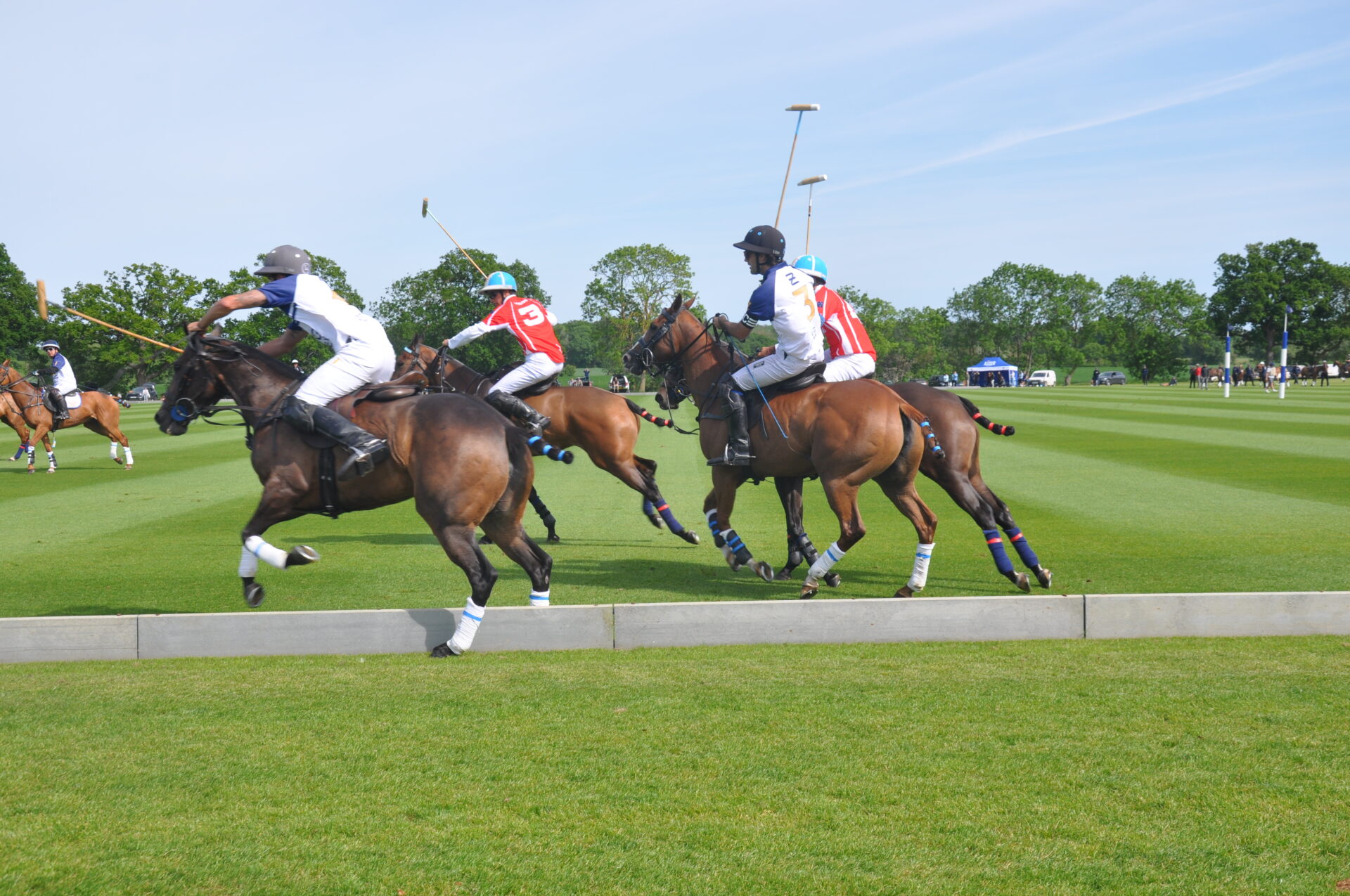


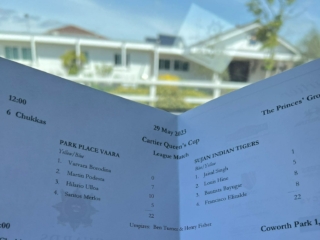






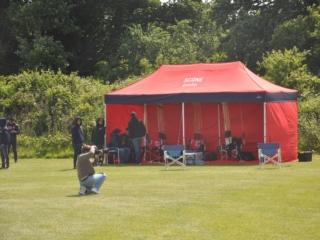

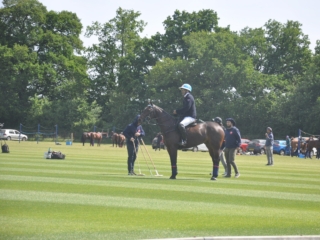
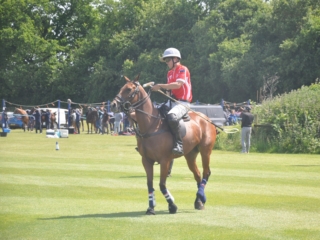
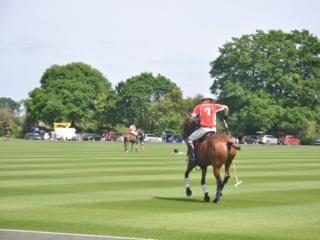

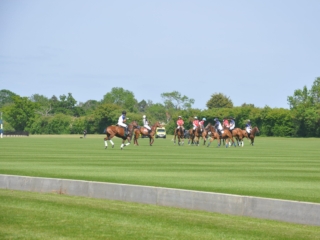
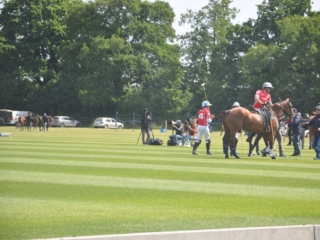

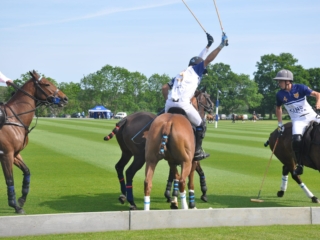
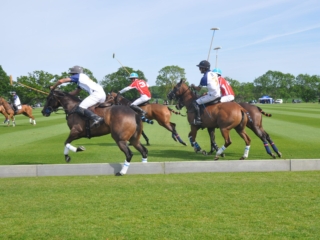

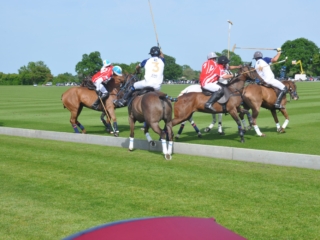
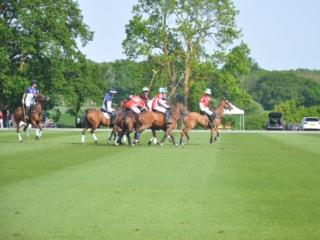



Leave a reply
You must be logged in to post a comment.